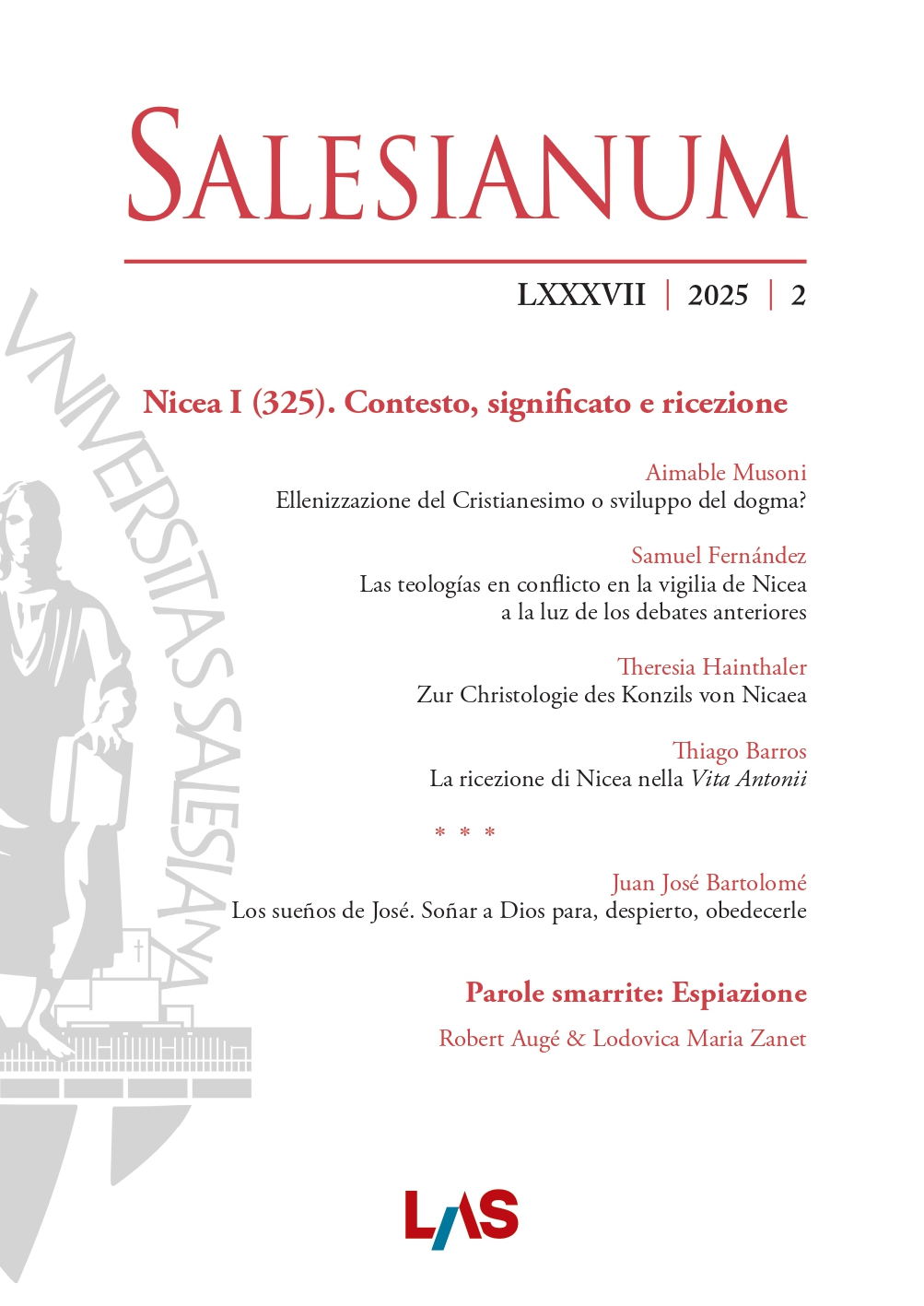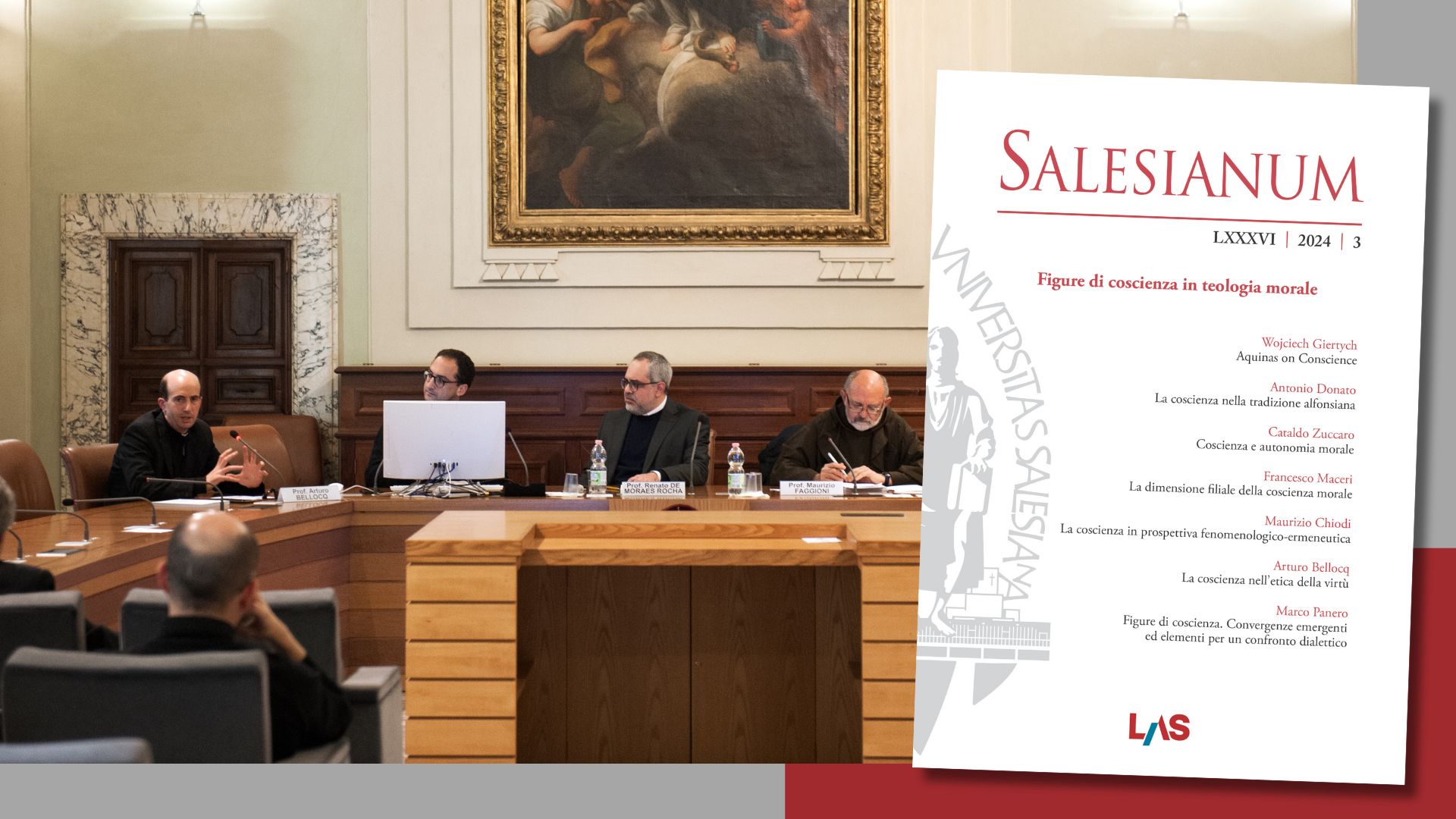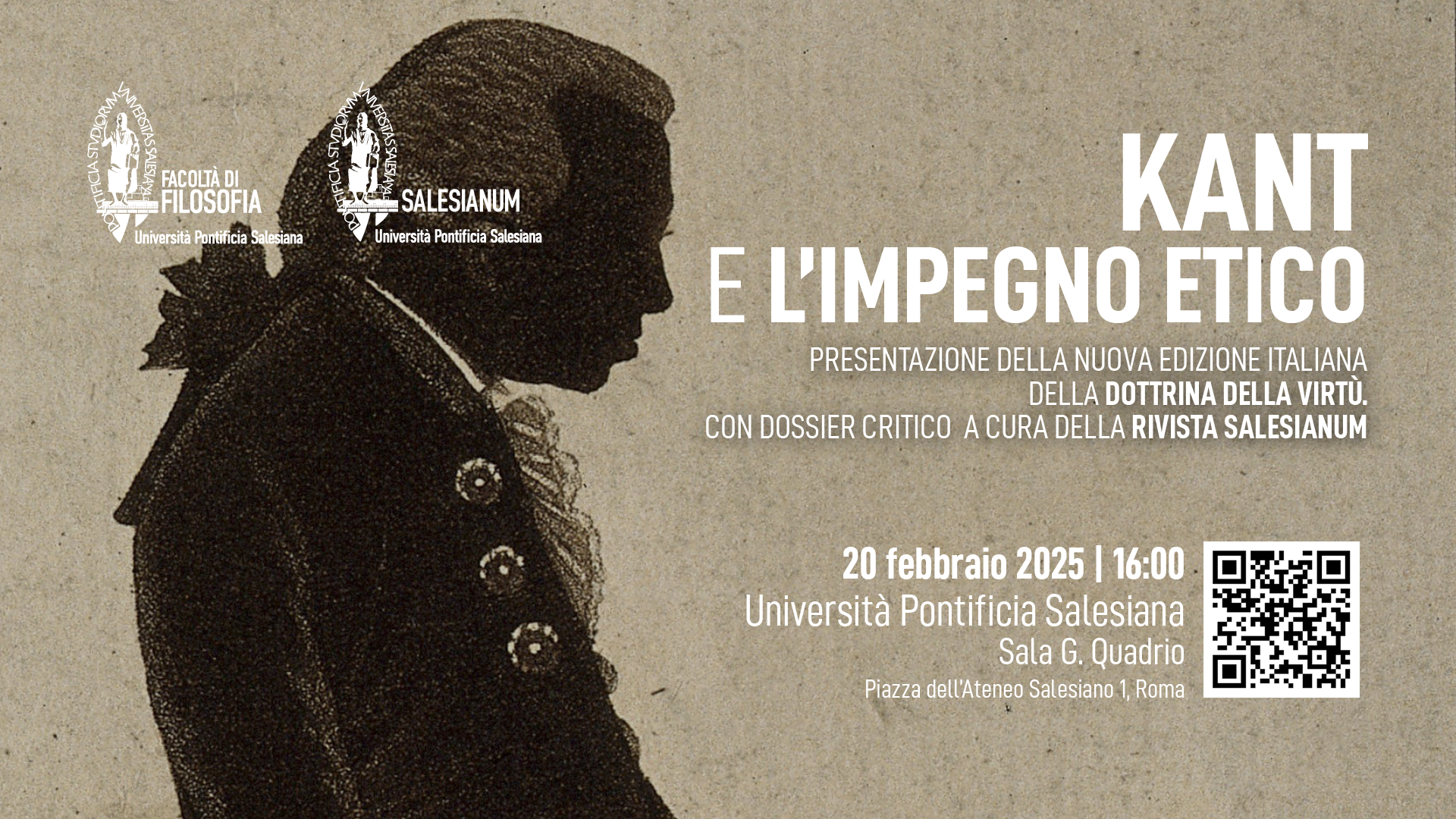This study presents and evaluates interpretations of 2 Thess 2:3-12 from a critical-Orthodox perspective in the Greek commentaries of Severian of Gabala, John Chrysostom, Theodoret of Cyrus, John of Damascus (dubium), and Theophylact of Ohrid. The patristic comments elaborate on the nature, actions, and unique connection between the Antichrist and the devil, as well as the significance of “the restrainer”, which prevents the Antichrist’s arrival. The commentaries also thoroughly discuss the concept of the “mystery of lawlessness”, the responsibility and condemnation of those who will believe in the Antichrist, and his ultimate defeat by the Lord Jesus Christ at his second coming. In conclusion, the study finds that the patristic commentators, by extensively referring to the Antichrist, essentially describe the nature of evil – personified by the figure of the Antichrist – and the way to address it. According to this conclusion, evil primarily consists in human self-deification and simultaneous estrangement from communion with God. Evil must be overcome with good; thus, through faith in God, abstaining from all forms of aggression, and practicing love for one’s fellow human beings.


